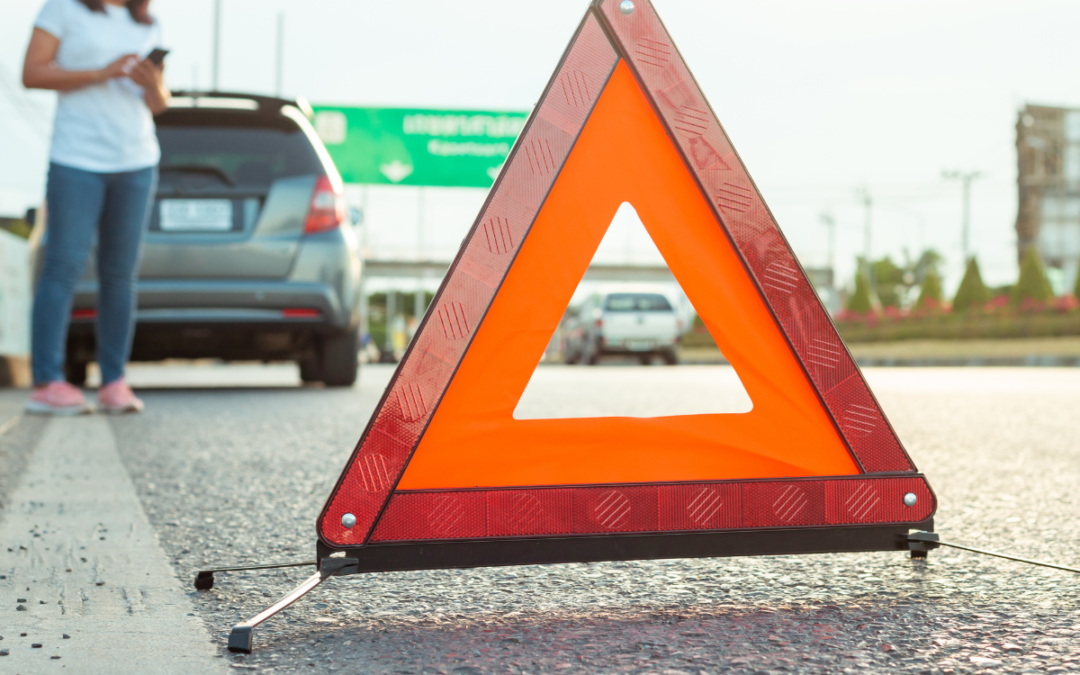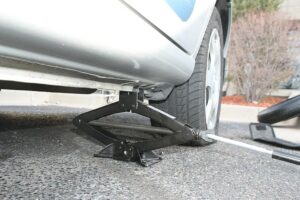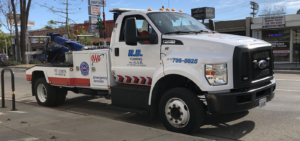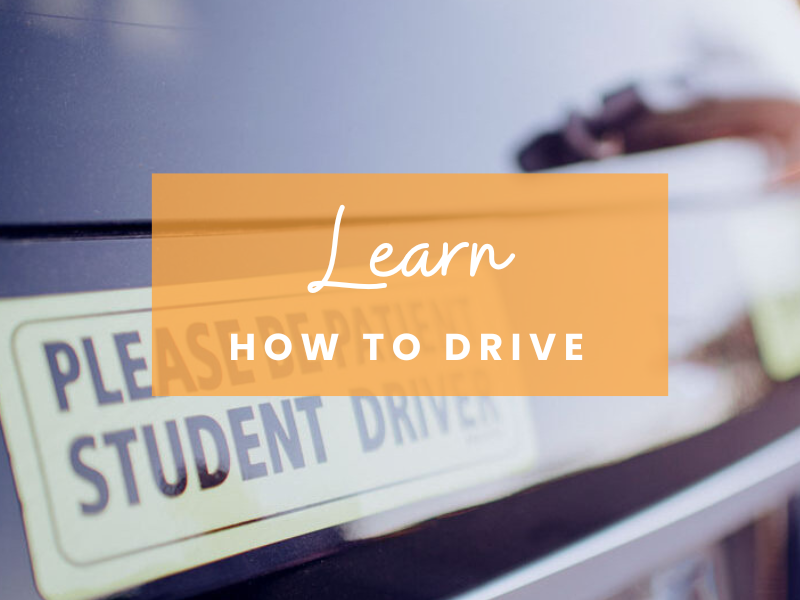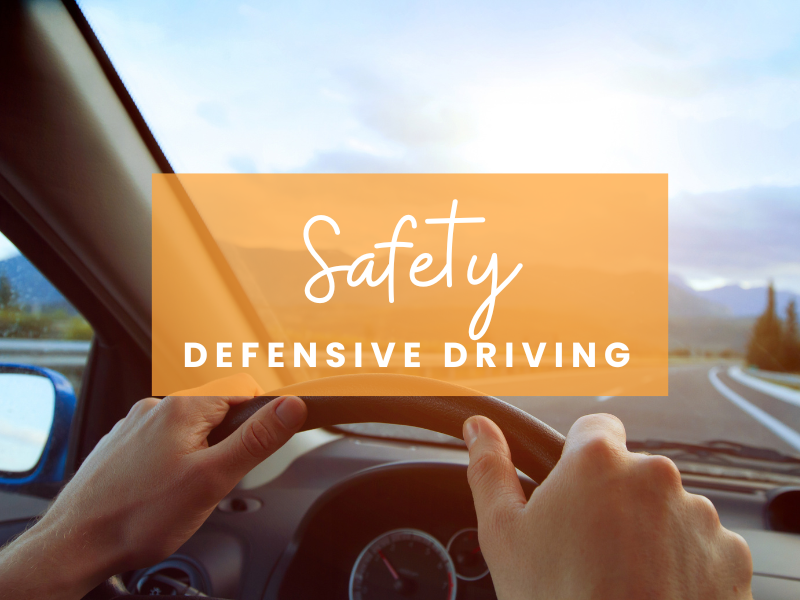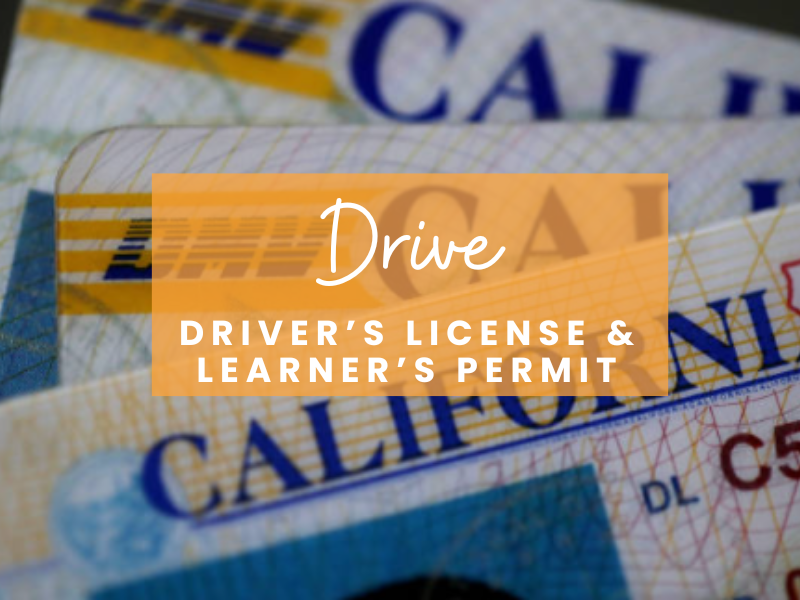Handling Common Road Emergencies
Written By | Doreen Almirol | 20+ years CA DMV Licensed Driving Instructor |
Driving is a skill that requires not only knowledge of road rules but also the ability to handle unexpected situations. Road emergencies can occur to any driver, regardless of experience. Among the most common are flat tires, engine troubles, and brake failures. Knowing how to respond to these situations can be the difference between a minor inconvenience and a serious accident. Here’s a comprehensive guide on how to handle these common road emergencies.
This blog may contain affiliate links, and if you make a purchase through these links, we may or may not earn a commission at no extra cost to you.
FLAT TIRE | Most Common Road Emergency
A flat tire is a common and usually easily fixable road emergency, but it can be dangerous if not handled correctly.
Steps to Take
Pull Over Safely: As soon as you realize you have a flat tire, don’t brake suddenly. Slow down gradually and look for a safe, level area to park, away from traffic.
Turn on Hazard Lights: This alerts other drivers that you are experiencing a problem.
Apply the Parking Brake: This prevents the car from rolling while you’re changing the tire.
Change the Tire: If you know how to change a tire, retrieve your spare tire, jack, and lug wrench. Follow your vehicle’s manual for specific instructions. If you’re unsure, it’s safer to call for roadside assistance.
ENGINE TROUBLE | Secure Your Vehicle & Seek Help
Engine troubles can range from overheating to complete engine failure. The key is to get your vehicle to a safe spot and then seek assistance.
Steps to Take
Signal and Move to the Side: Use your turn signals to indicate your movement to the roadside. Don’t stop in traffic if you can avoid it.
Turn on Hazard Lights: Once you’re safely off the road, turn on your hazard lights, especially if visibility is poor or you’re on a busy road.
Check the Engine (If Safe): If you suspect overheating, wait for the engine to cool before opening the hood. Never open a hot radiator cap.
Call for Assistance: Describe your location and situation accurately when calling for help.
BRAKE FAILURE | Stay Calm & Use Alternative Methods to Slow Down
Brake failure is a terrifying prospect, but there are ways to slow down your vehicle safely.
Steps to Take
Don’t Panic: Stay calm and keep a firm grip on the steering wheel.
Try the Brakes Again: Sometimes, applying more force to the brakes can help. Pump the brake pedal to build up more brake fluid pressure.
Use the Emergency Brake: Apply the emergency brake (handbrake) gradually to avoid locking up the wheels.
Downshift Gears: If you’re driving a manual car, downshift gradually to slow down. In an automatic, shift into lower gears if available.
Signal and Use Horn: Alert other drivers by using your horn and hazard lights.
WILDLIFE ENCOUNTERS | Alive or Roadkill
Encountering animals on the road can be startling.
Steps to Take
Do Not Swerve: Swerving can lead to more dangerous situations. Instead, brake firmly if you can do so safely.
Dead Animals: If safe, maneuver around roadkill, but never swerve into another lane or off the road.
Report Large Animals: If you encounter a large animal carcass on the road, report it to local authorities for safe removal.
RELATED ARTICLES: Driving Defensively in Wildlife Areas
Wildlife Encounters and Roadkill
ROAD ASSISTANCE | Knowing Who to Call
When faced with an unexpected emergency when driving, knowing who to call for assistance is key.
Steps to Take
Insurance Provider: Many insurance policies include roadside assistance. Have their contact information readily available.
Towing Services: Keep a list of local towing service numbers in your vehicle.
Emergency Services: For accidents involving injuries or significant hazards, call emergency services immediately.
Dealing with road emergencies requires a combination of knowledge, preparation, and calmness. Always keep an emergency kit in your car, including tools for changing a tire and other essentials. Regular maintenance of your vehicle can prevent some of these issues. Most importantly, don’t panic. Keeping a clear head will help you make better decisions in any emergency situation. Stay safe, and remember that your ability to handle these situations can keep you and others on the road safe.
Need More Help with Road Emergencies?
Discover everything you need to know at the DMV website. Simplify your tasks, access resources, and stay informed. Explore now!

